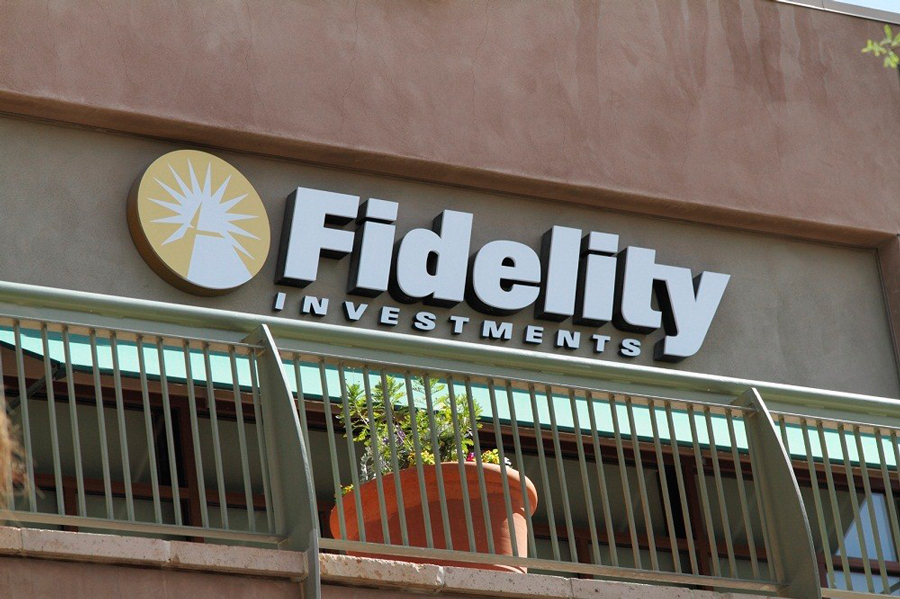

Even in early April when the financial markets were still experiencing extreme volatility, a lot of financial advisers were looking for prudent investment strategies that didn’t involve just seeking shelter in the safest asset classes.
A survey of 468 financial advisers, conducted by Fidelity Investments during the second week of April, when the S&P 500 Index was down more than 14% from the start of the year, showed 41% of respondents were increasing exposure to active management in client portfolios.
The survey found 57% planned to increase allocations to domestic equity and 27% planned to increase allocations to investment-grade bonds.
At the same time, only 15% of advisers planned to increase allocations to passive strategies, and 30% planned to decrease allocations to cash, which went against the grain of what the most fearful investors were doing at that time.
Matt Goulet, senior vice president in portfolio solutions at Fidelity Institutional, pointed out that the general trend toward domestic equities and investment-grade bonds is still a more conservative strategy than pouring into international stocks and high-yield bonds. But he added that it still represents a head-on approach to managing client portfolios in and through a crisis on the level of the COVID-19 pandemic.
“In times of volatility, advisers lean on active management to manage through those cycles, especially when you hit inflection points in the business cycles,” Goulet said.
The S&P 500, which is currently down 11.8% from the start of the year, was just starting to recover from a four-week, peak-to-trough slide of 30% as countries around the world were grappling with the effects of the fast-spreading coronavirus.
But Goulet pointed out that the pandemic also came on the heels of 2019, when the S&P gained 28.9%, capping a historic decade-long bull market run for stocks.
In essence, advisers were ready to rebalance client portfolios with or without the pandemic. In fact, 76% of survey respondents said the portfolio changes were related to rebalancing.
And as part of the rebalancing, 37% said they were adjusting portfolios to increase diversification, 30% said they were increasing risk and 30% said they were decreasing portfolio risk. When asked their top reasons for changing client portfolios, respondents were allowed to choose more than one answer.
“Prior to this, we had already seen advisers position to late-cycle allocations, which are more defensive, and that was based on economic indicators, interest rates and inventories,” Goulet said. “It may be okay to be in passive instruments for the middle part of the cycle but for the inflection points it’s better to be in active, because you see the most divergent performance at the early part and late part of the cycle.”
Asked about their outlook for the economy, 88% of respondents said they expect the economy to recover within two years, with an average recovery expectation time of 1.3 years.
Meanwhile, advisers might already be longing for a break in the action of volatile markets and pandemic news.
According to the survey, before the health crisis hit, advisers said they were spending about four hours per week calming clients’ anxieties, a level that has spiked to 14 hours per week since pandemic unfolded.
“This time allocation is a big deal for advisers because in a crisis they’re shifting from managing portfolios to managing clients,” said Goulet, who believes times of crisis will continue to drive more advisers toward outsourcing asset management.
“In the first quarter, Fidelity saw an increase in requests from advisers to speak with Fidelity about getting help managing the money,” he said. “That’s something we continue to see, and I think there is a long-term secular trend of advisers working with third parties to help them manage the money.”

Relationships are key to our business but advisors are often slow to engage in specific activities designed to foster them.

Whichever path you go down, act now while you're still in control.

Pro-bitcoin professionals, however, say the cryptocurrency has ushered in change.

“LPL has evolved significantly over the last decade and still wants to scale up,” says one industry executive.

Survey findings from the Nationwide Retirement Institute offers pearls of planning wisdom from 60- to 65-year-olds, as well as insights into concerns.
Streamline your outreach with Aidentified's AI-driven solutions
This season’s market volatility: Positioning for rate relief, income growth and the AI rebound
